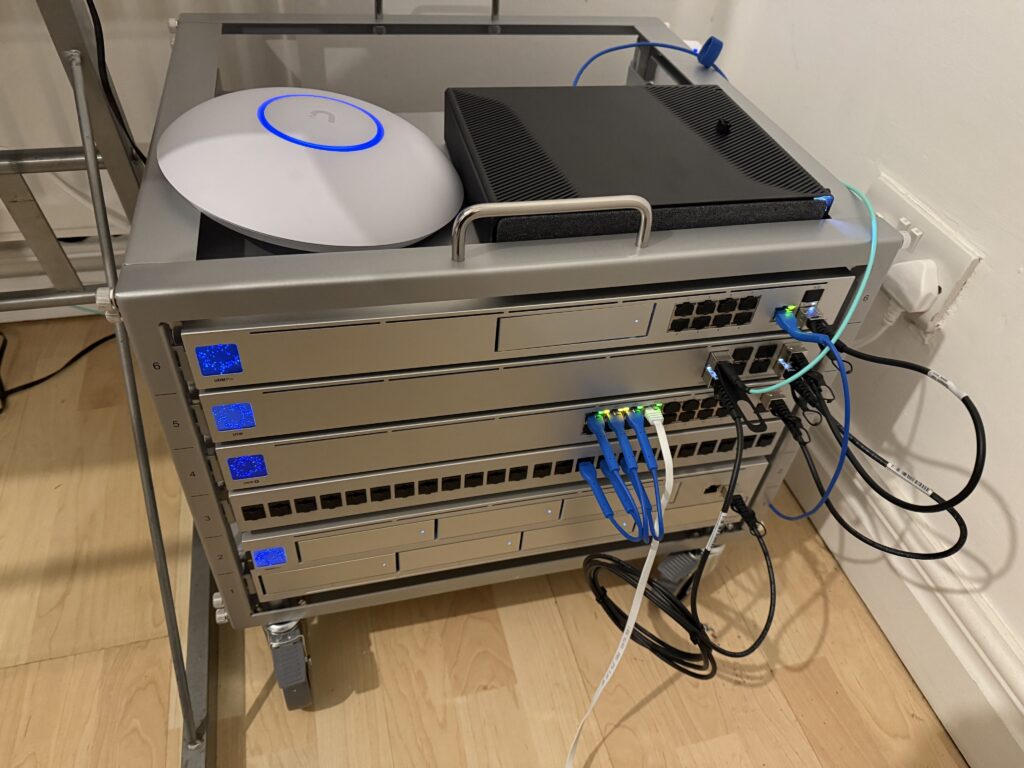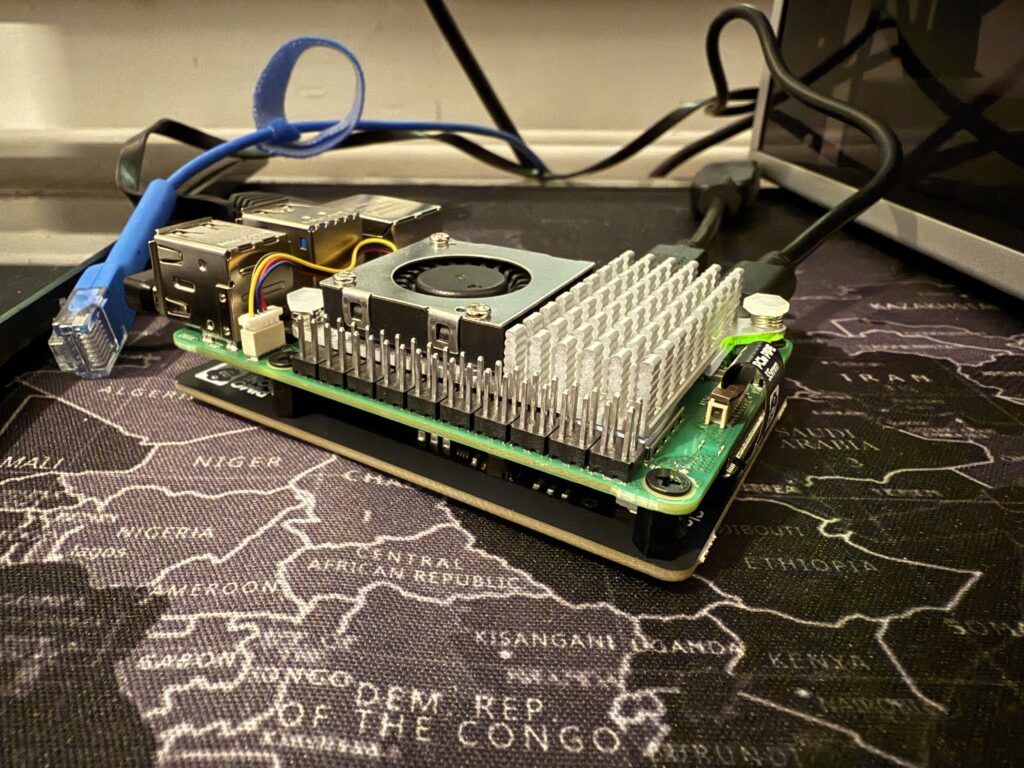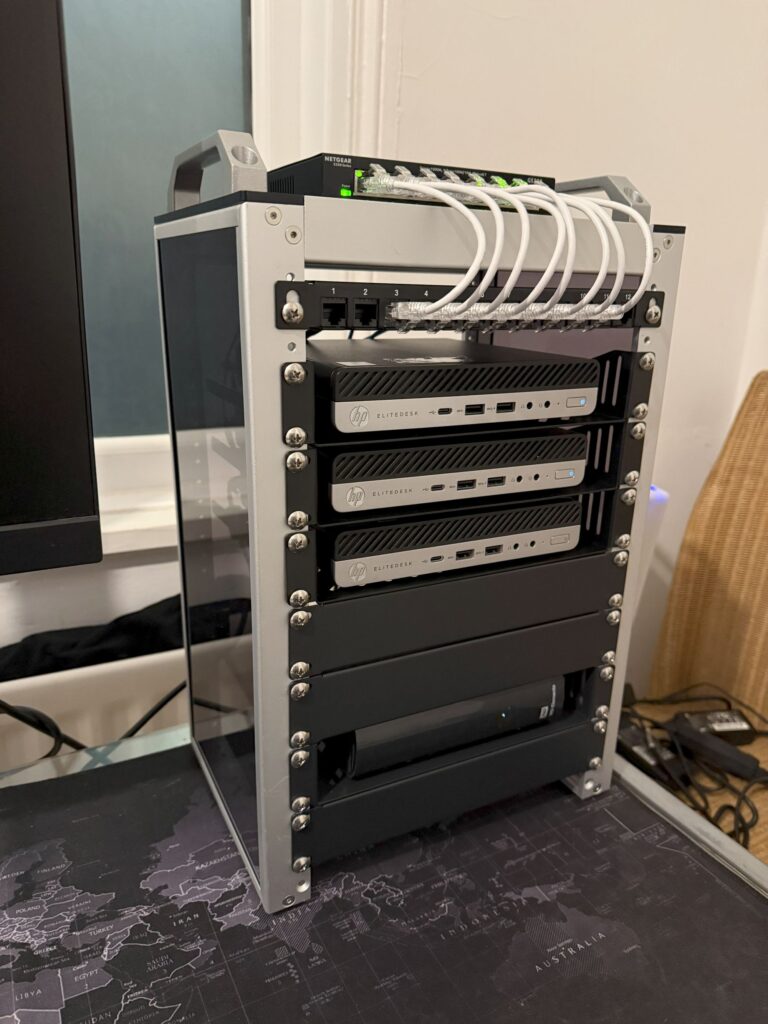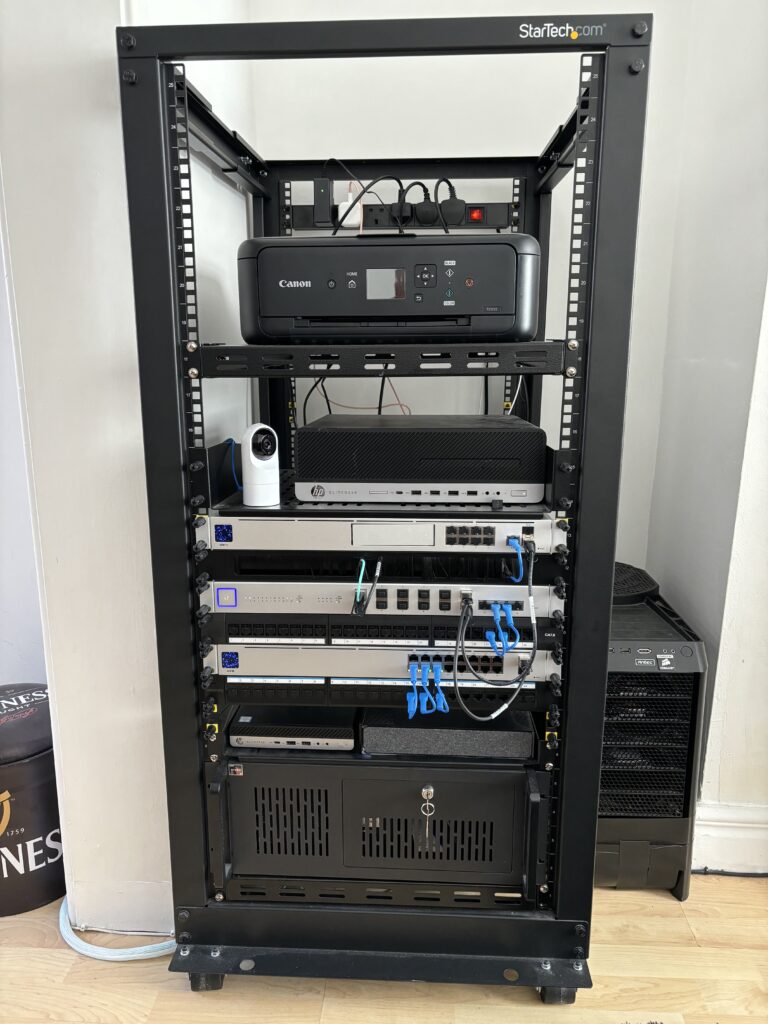Update Linux repos as always
sudo apt-get update
Install and Configure OpenVPN
Install OpenVPN and unzip
sudo apt-get install openvpn unzip -y
Enter the OpenVPN folder
cd /etc/openvpn
Download the Private Internet Access OpenVPN configuration files (extension .ovpn)
sudo wget --no-check-certificate https://www.privateinternetaccess.com/openvpn/openvpn.zip
Unzip the openvpn configuration files
sudo unzip openvpn.zip
You can list all of the countries you can connect to with this command inside the /etc/openvpn folder
ls -lh *.ovpn
See the long list, you will specify the ovpn file when you connect to Private Internet Access’s VPN servers
-rw-r--r-- 1 root root 238 Nov 25 20:47 AU Melbourne.ovpn
-rw-r--r-- 1 root root 228 Nov 25 20:47 AU Sydney.ovpn
-rw-r--r-- 1 root root 231 Nov 25 20:47 Brazil.ovpn
-rw-r--r-- 1 root root 227 Nov 25 20:47 CA North York.ovpn
-rw-r--r-- 1 root root 235 Nov 25 20:47 CA Toronto.ovpn
-rw-r--r-- 1 root root 232 Nov 25 20:47 Denmark.ovpn
-rw-r--r-- 1 root root 231 Nov 25 20:47 France.ovpn
-rw-r--r-- 1 root root 232 Nov 25 20:47 Germany.ovpn
-rw-r--r-- 1 root root 227 Nov 25 20:47 Hong Kong.ovpn
-rw-r--r-- 1 root root 227 Nov 25 20:47 India.ovpn
-rw-r--r-- 1 root root 232 Nov 25 20:47 Ireland.ovpn
-rw-r--r-- 1 root root 231 Nov 25 20:47 Israel.ovpn
-rw-r--r-- 1 root root 230 Nov 25 20:47 Italy.ovpn
-rw-r--r-- 1 root root 230 Nov 25 20:47 Japan.ovpn
-rw-r--r-- 1 root root 231 Nov 25 20:47 Mexico.ovpn
-rw-r--r-- 1 root root 227 Nov 25 20:47 Netherlands.ovpn
-rw-r--r-- 1 root root 227 Nov 25 20:47 New Zealand.ovpn
-rw-r--r-- 1 root root 227 Nov 25 20:47 Romania.ovpn
-rw-r--r-- 1 root root 231 Nov 25 20:47 Russia.ovpn
-rw-r--r-- 1 root root 227 Nov 25 20:47 Singapore.ovpn
-rw-r--r-- 1 root root 231 Nov 25 20:47 Sweden.ovpn
-rw-r--r-- 1 root root 230 Nov 25 20:47 Switzerland.ovpn
-rw-r--r-- 1 root root 231 Nov 25 20:47 Turkey.ovpn
-rw-r--r-- 1 root root 234 Nov 25 20:47 UK London.ovpn
-rw-r--r-- 1 root root 239 Nov 25 20:47 UK Southampton.ovpn
-rw-r--r-- 1 root root 238 Nov 25 20:47 US California.ovpn
-rw-r--r-- 1 root root 232 Nov 25 20:47 US East.ovpn
-rw-r--r-- 1 root root 235 Nov 25 20:47 US Florida.ovpn
-rw-r--r-- 1 root root 235 Nov 25 20:47 US Midwest.ovpn
-rw-r--r-- 1 root root 239 Nov 25 20:47 US New York City.ovpn
-rw-r--r-- 1 root root 235 Nov 25 20:47 US Seattle.ovpn
-rw-r--r-- 1 root root 241 Nov 25 20:47 US Silicon Valley.ovpn
-rw-r--r-- 1 root root 233 Nov 25 20:47 US Texas.ovpn
-rw-r--r-- 1 root root 232 Nov 25 20:47 US West.ovpn
Create a login details text file so you can log on to the PIA VPN automatically
sudo nano /etc/openvpn/login.txt
Input your username and password, replace username with your actual username and password with your actual VPN password in this format
username
password
Ctrl+X, Y and Enter to Save and Exit
Change the permission of the login.txt file so it is only owned by root which will solve this error WARNING: file '/etc/openvpn/login.txt' is group or others accessible
sudo chmod 700 /etc/openvpn/login.txt
Fix DNS issues by using the Google DNS servers
echo "nameserver 8.8.8.8" | sudo tee -a /etc/resolv.conf
echo "nameserver 8.8.4.4" | sudo tee -a /etc/resolv.conf
Make the DNS changes permanent. This sets the resolv.conf file to immutable (i.e. unchangeable)
sudo chattr +i /etc/resolv.conf
Test the PIA VPN is working, here I’m using Sweden but you can choose any country from the list generated before
cd /etc/openvpn
sudo openvpn --config /etc/openvpn/Sweden.ovpn --auth-user-pass /etc/openvpn/login.txt
If you see success like below, your VPN public IP address is highlighted in red, let’s verify that’s what we get then start a new SSH session
Wed May 4 08:42:37 2016 OpenVPN 2.3.4 arm-unknown-linux-gnueabihf [SSL (OpenSSL)] [LZO] [EPOLL] [PKCS11] [MH] [IPv6] built on Jan 23 2016
Wed May 4 08:42:37 2016 library versions: OpenSSL 1.0.1k 8 Jan 2015, LZO 2.08
Wed May 4 08:42:37 2016 UDPv4 link local: [undef]
Wed May 4 08:42:37 2016 UDPv4 link remote: [AF_INET]185.3.135.34:1194
Wed May 4 08:42:37 2016 WARNING: this configuration may cache passwords in memory -- use the auth-nocache option to prevent this
Wed May 4 08:42:37 2016 [Private Internet Access] Peer Connection Initiated with [AF_INET]185.3.135.34:1194
Wed May 4 08:42:40 2016 TUN/TAP device tun0 opened
Wed May 4 08:42:40 2016 do_ifconfig, tt->ipv6=0, tt->did_ifconfig_ipv6_setup=0
Wed May 4 08:42:40 2016 /sbin/ip link set dev tun0 up mtu 1500
Wed May 4 08:42:40 2016 /sbin/ip addr add dev tun0 local 10.177.1.6 peer 10.177.1.5
Wed May 4 08:42:40 2016 Initialization Sequence Completed
Start a new SSH session and check the IP address you are getting
wget http://ipinfo.io/ip -qO -
It should match the UDPv4 link remote address shown in the previous command. You should see something different than your regular IP address found on whatsmyip.org or on your wireless router from your ISP.
185.3.135.34
It matches so we’re all good, now it’s time to autoconnect to Private Internet Access on boot.
First you should use Ctrl+C in the SSH session showing the Private Internet Access VPN is connected to disconnect from the VPN.
Autoconnect PIA VPN on Boot
Create the OpenVPN autoconnect init.d startup script file
sudo nano /etc/init.d/openvpnauto
Paste this OpenVPN autoconnect startup script, if you do not want to use Sweden.ovpn then replace it in the DAEMON_OPTS line
#!/bin/sh
### BEGIN INIT INFO
# Provides: OpenVPN Autoconnect
# Required-Start: $local_fs $remote_fs $network
# Required-Stop: $local_fs $remote_fs $network
# Default-Start: 2 3 4 5
# Default-Stop: 0 1 6
# Short-Description: OpenVPN Autoconnect
# Description: OpenVPN Autoconnect
### END INIT INFO
# Documentation available at
# http://refspecs.linuxfoundation.org/LSB_3.1.0/LSB-Core-generic/LSB-Core-generic/iniscrptfunc.html
# Debian provides some extra functions though
. /lib/lsb/init-functions
DAEMON_NAME="openvpnauto"
DAEMON_USER=root
DAEMON_PATH="/usr/sbin/openvpn"
DAEMON_OPTS="--config /etc/openvpn/Sweden.ovpn --auth-user-pass /etc/openvpn/login.txt"
DAEMON_PWD="/etc/openvpn"
DAEMON_DESC=$(get_lsb_header_val $0 "Short-Description")
DAEMON_PID="/var/run/${DAEMON_NAME}.pid"
DAEMON_NICE=0
DAEMON_LOG='/var/log/openvpnauto.log'
[ -r "/etc/default/${DAEMON_NAME}" ] && . "/etc/default/${DAEMON_NAME}"
do_start() {
local result
pidofproc -p "${DAEMON_PID}" "${DAEMON_PATH}" > /dev/null
if [ $? -eq 0 ]; then
log_warning_msg "${DAEMON_NAME} is already started"
result=0
else
log_daemon_msg "Starting ${DAEMON_DESC}" "${DAEMON_NAME}"
touch "${DAEMON_LOG}"
chown $DAEMON_USER "${DAEMON_LOG}"
chmod u+rw "${DAEMON_LOG}"
if [ -z "${DAEMON_USER}" ]; then
start-stop-daemon --start --quiet --oknodo --background \
--nicelevel $DAEMON_NICE \
--chdir "${DAEMON_PWD}" \
--pidfile "${DAEMON_PID}" --make-pidfile \
--exec "${DAEMON_PATH}" -- $DAEMON_OPTS
result=$?
else
start-stop-daemon --start --quiet --oknodo --background \
--nicelevel $DAEMON_NICE \
--chdir "${DAEMON_PWD}" \
--pidfile "${DAEMON_PID}" --make-pidfile \
--chuid "${DAEMON_USER}" \
--exec "${DAEMON_PATH}" -- $DAEMON_OPTS
result=$?
fi
log_end_msg $result
fi
return $result
}
do_stop() {
local result
pidofproc -p "${DAEMON_PID}" "${DAEMON_PATH}" > /dev/null
if [ $? -ne 0 ]; then
log_warning_msg "${DAEMON_NAME} is not started"
result=0
else
log_daemon_msg "Stopping ${DAEMON_DESC}" "${DAEMON_NAME}"
killproc -p "${DAEMON_PID}" "${DAEMON_PATH}"
result=$?
log_end_msg $result
rm "${DAEMON_PID}"
fi
return $result
}
do_restart() {
local result
do_stop
result=$?
if [ $result = 0 ]; then
do_start
result=$?
fi
return $result
}
do_status() {
local result
status_of_proc -p "${DAEMON_PID}" "${DAEMON_PATH}" "${DAEMON_NAME}"
result=$?
return $result
}
do_usage() {
echo $"Usage: $0 {start | stop | restart | status}"
exit 1
}
case "$1" in
start) do_start; exit $? ;;
stop) do_stop; exit $? ;;
restart) do_restart; exit $? ;;
status) do_status; exit $? ;;
*) do_usage; exit 1 ;;
esac
Ctrl+X, Y and Enter to Save
Enable the OpenVPN PIA Autoconnect script
sudo chmod +x /etc/init.d/openvpnauto
sudo update-rc.d openvpnauto defaults 98
Now you can connect to PIA’s VPN automatically by running
sudo service openvpnauto start
You can retest your IP to verify it’s not your ISP’s IP address
wget http://ipinfo.io/ip -qO -
If it is not your regular IP shown on whatsmyip.org then you can reboot and test your IP address again
sudo reboot
Test your IP again and compare it to whatsmyip.org’s result
wget http://ipinfo.io/ip -qO -
Now you’ve set up installing and autoconnecting to Private Internet Access VPN on Linux on boot





